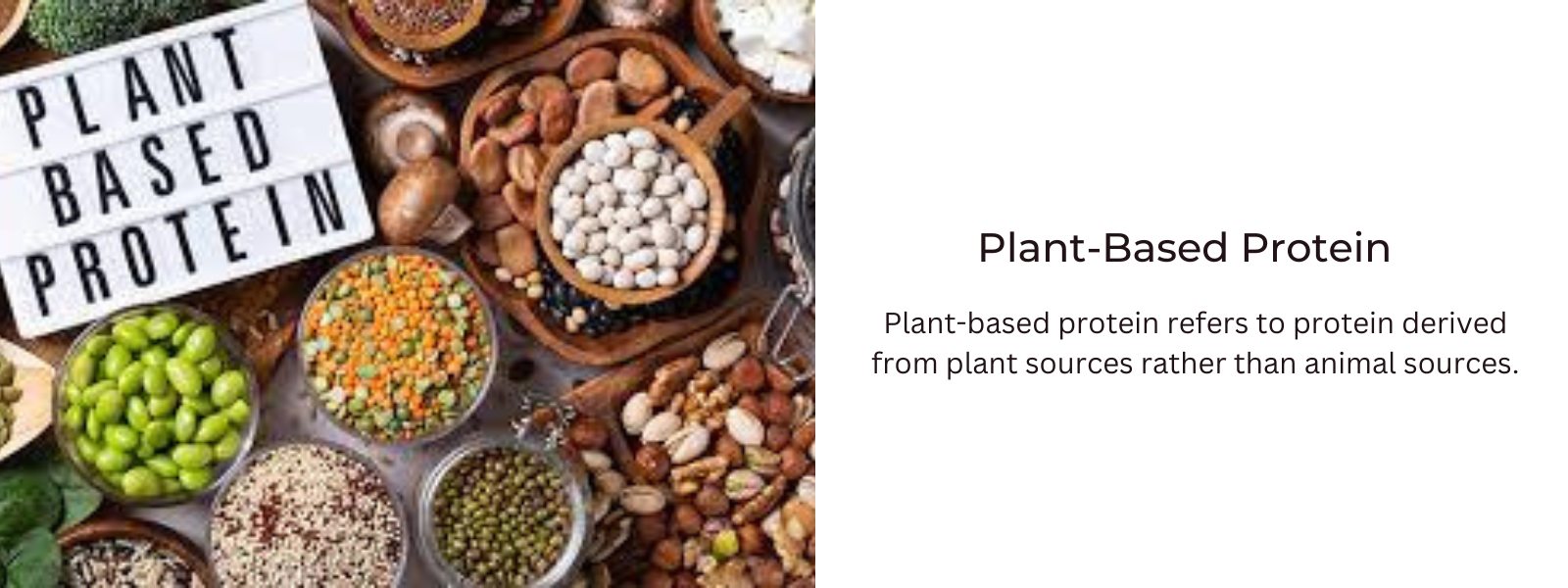Table of Contents
Protein timing, encompassing both when and how much protein is consumed, is of paramount importance for maximizing its benefits, particularly in the realms of muscle synthesis, recovery, and overall athletic performance. Consuming protein before a workout provides a readily available amino acid pool for energy and muscle support during exercise, while post-workout protein intake within the critical window enhances muscle protein synthesis and aids recovery. Distributing protein intake evenly throughout the day ensures a sustained supply of amino acids for ongoing muscle maintenance. The inclusion of protein before bedtime further supports overnight muscle repair. The types of protein and individual factors such as body weight and fitness goals also influence optimal timing. Whether sourced from whole foods or supplements, aligning protein intake with specific training goals and individual needs facilitates an environment conducive to achieving optimal benefits, including enhanced muscle growth, improved recovery, and overall athletic prowess. Here's a detailed exploration of protein timing:
Pre-Workout:
- Consuming protein before a workout can provide amino acids for energy and muscle support during exercise. While whole foods are suitable, easily digestible protein sources like a protein shake or Greek yogurt can be beneficial. Aim for 15-30 grams of protein about 1-2 hours before exercise.
Post-Workout:
- The post-workout period is a crucial window for protein intake. Consuming protein within 30 minutes to an hour after exercise can enhance muscle protein synthesis and recovery. Opt for a combination of protein and carbohydrates to replenish glycogen stores. Aim for 20-40 grams of protein post-workout, depending on individual needs and the intensity of the exercise.
Throughout the Day:
- Distributing protein intake evenly across meals and snacks supports a consistent supply of amino acids for muscle maintenance and repair. Including protein in each meal helps maintain a positive protein balance throughout the day, promoting overall muscle health and metabolism.
Before Bed:
- Consuming a source of protein before bed, such as casein-rich foods like cottage cheese or a protein shake, may support overnight muscle protein synthesis. This can be particularly beneficial for individuals aiming to maximize muscle growth or recovery.
Protein Quality:
- The quality of protein sources is important. Complete proteins, found in animal products and some plant sources like quinoa and soy, provide all essential amino acids. Consuming a variety of protein sources ensures a diverse amino acid profile.
Individual Factors:
- Individual factors such as body weight, training intensity, and fitness goals influence protein needs and timing. Athletes engaging in intense training may require more protein, and adjustments should be made based on individual responses to dietary strategies.
Protein Types:
- Different protein types (whey, casein, plant-based) have varying digestion rates. Whey protein, for example, is rapidly absorbed and is ideal for post-workout, while casein provides a more sustained release and is suitable for longer periods without food.
Nutrient Timing and Goals:
- The timing of protein intake can be tailored to specific fitness goals. Those aiming for muscle gain may benefit from higher protein intake post-workout, while individuals focused on weight loss may distribute protein more evenly throughout the day to support satiety.











Leave a comment